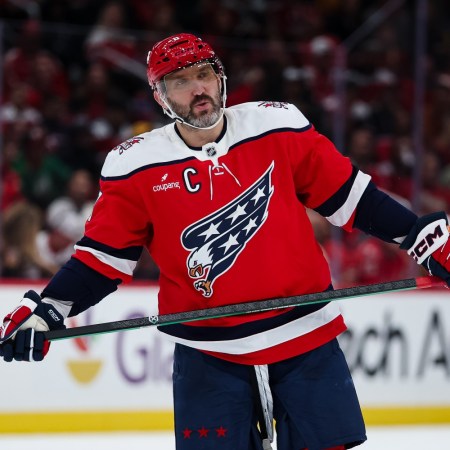An NHL franchise with a track record of past success on the ice is trying to embrace next-gen data analysis and technology to keep winning in the future.
On the heels skates of the NHL introducing puck and player tracking in 2019, the Pittsburgh Penguins have hired 22-year-old Katerina Wu, who just graduated from the University of North Carolina at Chapel Hill with a bachelor’s degree in economics, to work for the team as a data scientist.
Reporting to Penguins’ director of hockey operations and hockey research Sam Ventura, Wu will design and implement new statistics to evaluate player and team performance.
The daughter of a research scientist, Wu interned with the company that provides the NHL with puck and player tracking data and previously worked under Ventura as part of the Hockey Graphs Mentorship Program during the 2019-20 season.
“We are thrilled to add Katerina to the Penguins organization,” Ventura said. “She is uniquely qualified to work in hockey due to her expertise in sports analytics, her impressive technical skillset, her experience working with complex puck and player tracking data, and her knowledge of the game. Having worked with Katerina over the last two years, we were well aware of her skillset and her potential.”
The hiring of Wu is just the latest example of the Penguins organization’s commitment to embracing analytics. That commitment dates back to 2015 when former assistant general manager Jason Karmanos offered Ventura, who earned a computational finance degree at Carnegie Mellon University, the opportunity to join the team as a consultant. Since then, Ventura’s role has increased substantially as he now runs an entire department.
Using data derived from puck and player tracking technology, Ventura and his team, which now includes Wu, are trying to find a competitive advantage over their opponents by analyzing information instead of game film.
“The data that’s currently available publicly really focuses on specific events that happen on the ice,” Ventura said last year. “A shot. A hit. A faceoff. Things like that. This data is fundamentally different. Instead of just looking at specific events, it’s giving you the locations and the trajectories of all players on the ice and the puck, at every moment in time. It lets you look at things that you would never even be able to begin to explore with data otherwise, things like positioning of defensemen and goalies, how much space is being created by particular players.”
The Charge will help you move better, think clearer and stay in the game longer. Subscribe to our wellness newsletter today.



















